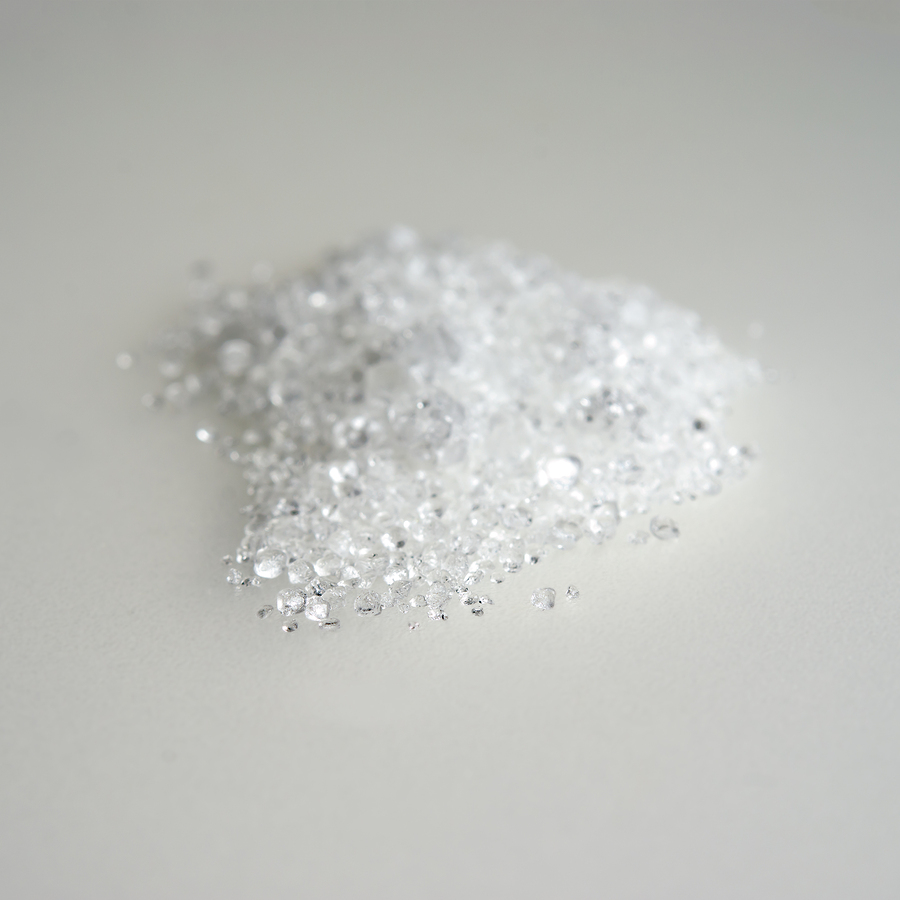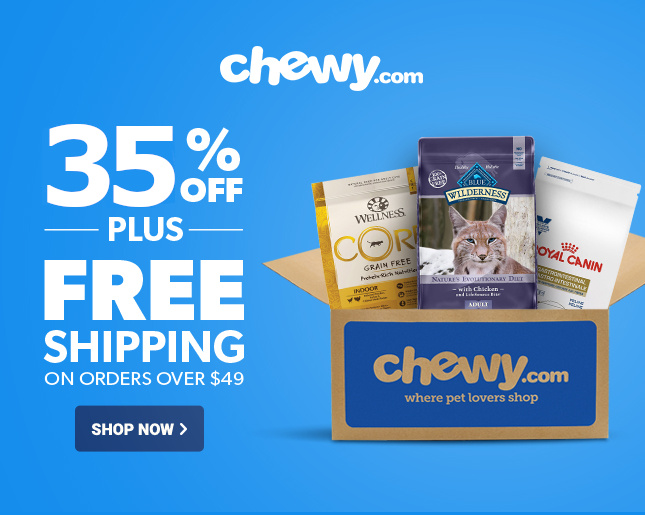
This post may contain affiliate links. We are compensated for referring customers to our affiliate partners.
Preservatives are an essential part of ensuring your dog’s food is safe well after it has been manufactured. Nutrient-rich animal fats in dog foods can spoil quickly without them. But there is a stark difference between natural preservatives and artificial preservatives. And, dog food doesn’t just often contain harmful preservatives, there are dog food ingredients to avoid and watch out for when choosing the right food for your pet.
SOURCE: MySweetPuppy.net.
Natural Preservatives
These preservatives are often derived from vitamins C or E. They are typically listed as “tocopherol,” “mixed tocopherols”, “ascorbic acid,” or “ascorbate,” and are considered safe for canine consumption. Rosemary is also sometimes used as a natural preservative. Canned foods do not need preservatives at all, as the canning process inherently preserves food.
Artificial Preservatives
Long-term exposure to artificial preservatives can lead to serious health complications for your dog. Here is a look at some common dog food ingredients to avoid as it pertains to artificial preservatives.
Ethoxyquin
This preservative is not only be found it dog foods, but it is also used as a pesticide, and as a hardening agent in the synthetic rubber manufacturing process. If you think this is one of the dog food ingredients to avoid, you’d be right. It is a possible cause of kidney and liver damage, blindness, cancer (liver, spleen, stomach, skin), leukemia, and immune deficiency syndrome. While allowed in the U.S., it has not been approved for use in dog foods in Australia and the European Union.
Butylated Hydroxyanisole (BHA) and Butylated Hydroxytoluene (BHT)
BHA is primarily used in preserving human and dog/cat foods and is one of the most widely known dog food ingredients to avoid among dog owners and nutritional specialists. It can cause kidney damage and has been identified by the State of California as a possible carcinogen. BHT can be found in embalming fluids, cosmetics, petroleum products, pharmaceuticals, pesticides, and much more. It has been directly linked to cancer in dogs and humans.
Propylene Glycol
This is a product found in anti-freeze and e-cigarettes! It is particularly baffling that this would be used in dog food, as anti-freeze is a well-known toxin to animals. It is used to reduce moisture and prevent bacteria growth in dog food, which also reduces the good bacteria and moisture needed to help your dog properly digest the good. This results in intestinal blockage and can cause cancerous lesions in the intestines. Dog food manufacturers claim the dosage is so small that it poses no risk, but we strongly disagree and this is one of the main dog food ingredients to avoid.
TBHQ
TBHQ stands for tertiary butylhydroquinone. It is a fat preservative that prolongs shelf life. It is also used to make resins, varnishes, and lacquers. AND, TBHQ can be used to stabilize select explosive compounds! Studies of TBHQ have concluded its ability to produce pre-cancerous stomach tumors in laboratory animals, and can damage a cell’s DNA. Researchers believe that long-term ingestion of TBHQ may lead to other types of cancers as well.
Propyl Gallate
Propyl gallate is often used in conjunction with BHA and BHT in food, adhesives, lubicants, hair products, and gum and candy. Health issues associated with the preservative are: cancer-causing thyroid, brain, pancreatic, and adrenal tumors, and prostate inflammation.
Corn Syrup and Corn
Corn syrup unnecessarily sweetens dog food and can lead to hyperactivity, weight gain, diabetes, and changes in mood and mentality in dogs. Corn is a cheap filler used in human and pet foods, and does not provide all of the amino acids your dog needs. It also is very hard to digest, just adding one more reason to make this one of the dog food ingredients to avoid on your list.
Sodium Metabisulfite
This is a common preservative found in human and pet food; wine; bleaching agents for textiles; chemicals; pharmaceuticals; and water/sewage treatment. If inhaled, sodium metabisulfite can cause an asthma-like reaction with shortness of breath and coughing. When ingested, a dog could experience diarrhea, nausea, vomiting, abdominal pain, circulatory system problems, and central nervous system depression. If the dog is sensitive to sulfites, sodium metabisulfite can have severe consequences, such as: difficulty breathing, shortness of breath, wheezing, coughing, and shock.
Sodium Hexametaphosphate
This is often used in pet foods to help reduce your dog’s tarter. However, it can be harmful in high doses, and cause digestive problems. This chemical is hazardous to humans, as it can irritate the skin and should not be inhaled or ingested. You can ask your veterinarian to recommend other dental products that are natural and safe for your dog.
Cellulose
Cellulose is plant or wood fibers that are indigestible. Dog food manufacturers use cellulose because it is an inexpensive binder, emulsifier, and anti-caking agent. Humans will find it as well, in items from fast food restaurants, granola bars, processed meats and cheeses, and even foods marketed as healthy diet supplements. It is not a proper source of fiber for you or your pet. If your dog has a food that is well balanced with nutritious vegetables and fruits, they are getting the natural fiber they need.
Animal By-Products
Ever wonder what the term “animal by-products” actually refers to in your pet’s food? It is meant to provide protein, but really it is just another cheap filler that contains very little protein. It is the remains of an animal carcass after the meat and bones have been removed. We don’t know the animal used or the actual parts that have been broken down and added to the food. Beaks, hooves, hide, hair, and feathers could make up the “animal by-products” in your dog’s food. Animal by-products are very widely used in bargain brand dog food, but this ingredient in particular is one of the biggest dog food ingredients to avoid as it can even contain what is known as 4D meat. That is, meat that comes from animals who were dead, diseased, dying, or deformed before processing. This type of meat is not approved for human consumption and we shouldn’t be feeding it to our dogs, either!
Sodium Tripolyphosphate (STPP)
Sodium tripolyphosphate is a water softener used in laundry detergent. It can also be found in packed fish and other seafood for human consumption. And, you may discover this ingredient in fungicide, rodenticide, and insecticide. It is a chemical harmful to the skin and should not be inhaled. Researchers at the National Institute for Occupational Safety and Health (a division of the CDC) believe it may be a neurotoxin.
There are several dog food ingredients to avoid and this is not a comprehensive list. Your dog may also have food allergies or intolerances that will need to be addressed with the right nutrition and ingredients. Read dog food labels closely and research any ingredients you do not recognize. You want your dog to live a happy, healthy life. Choosing the right food is crucial.

